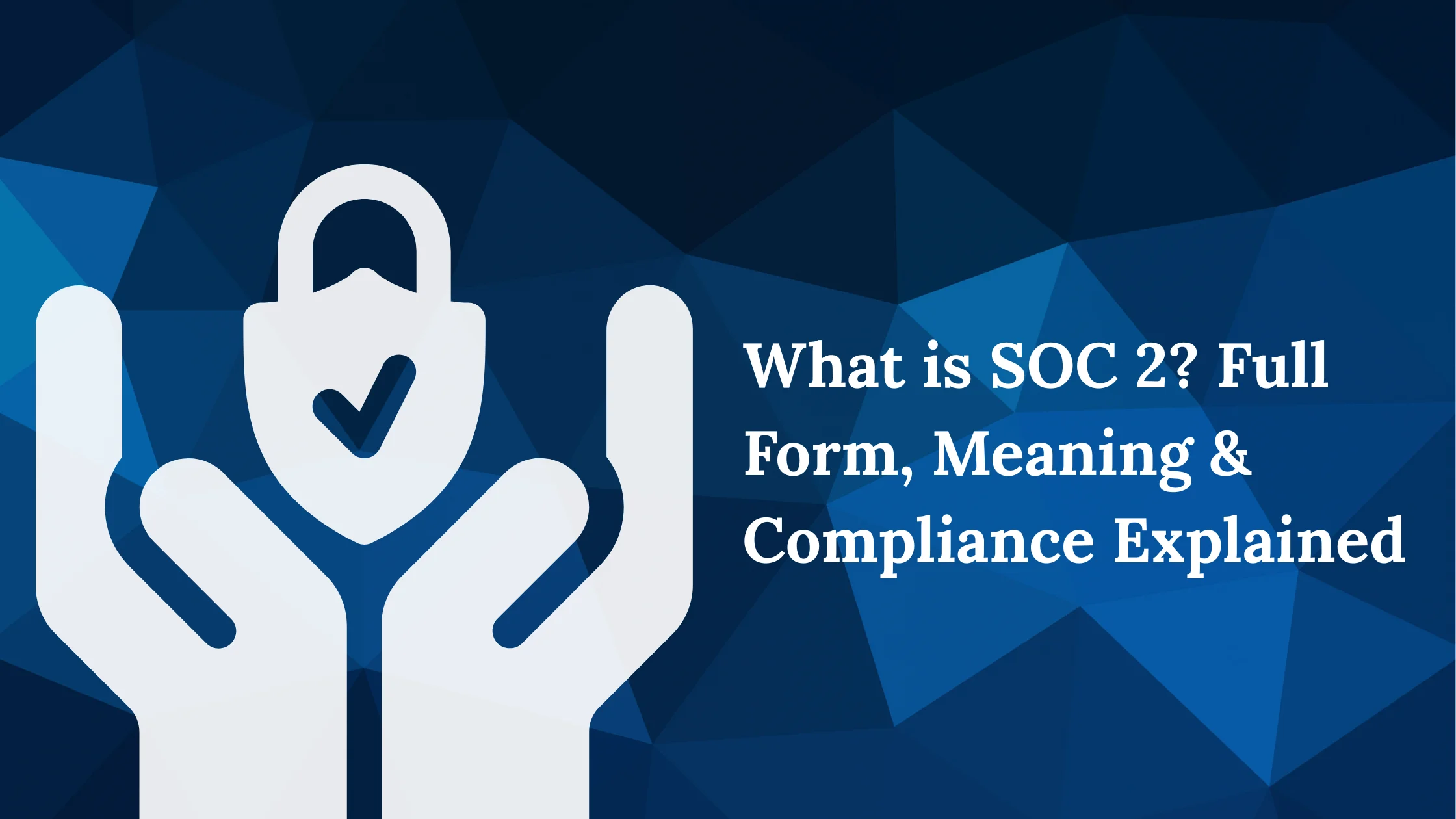
Vendor Risk Assessment Services: Importance, Process & Benefits Explained
Vendor Risk Assessment Services: A Complete Guide
In today’s interconnected business landscape, organizations rely heavily on third-party vendors and service providers. From cloud hosting to IT support, finance, logistics, or even marketing, external vendors play a critical role in business operations. But with this dependency comes risk—data breaches, compliance failures, financial instability, or even reputational damage.
That’s where Vendor Risk Assessment Services step in.
In this blog, we’ll explore what vendor risk assessment means, why it’s important, how it works, and what businesses should look for in professional vendor risk assessment services.
1. What is Vendor Risk Assessment?
Vendor Risk Assessment (VRA) is the process of evaluating and monitoring third-party vendors to identify, assess, and mitigate risks they may pose to your organization. These risks can be related to:
Cybersecurity & Data Protection – Can the vendor safeguard your sensitive data?
Regulatory Compliance – Are they compliant with GDPR, ISO standards, HIPAA, SOC 2, or other laws?
Operational Reliability – Can they deliver services consistently without disruptions?
Financial Stability – Is the vendor financially sound to ensure long-term continuity?
Reputation & Ethics – Do they follow ethical, sustainable, and lawful business practices?
2. Why Vendor Risk Assessment Services Are Important
Data Security & Privacy – With increasing cyberattacks, assessing how vendors handle and protect sensitive data is critical.
Regulatory Compliance – Many industries require businesses to assess vendor compliance with standards like ISO 27001, SOC 2, GDPR, PCI-DSS, HIPAA etc.
Supply Chain Resilience – Identifying high-risk vendors ensures you have backup strategies to prevent supply chain disruptions.
Reputation Management – A vendor’s unethical or non-compliant actions could damage your brand reputation.
Cost Savings – Detecting risks early prevents financial losses, legal penalties, or costly breaches.
3. What Do Vendor Risk Assessment Services Include?
Professional vendor risk assessment services typically cover:
Vendor Onboarding & Due Diligence
Background checks
Financial and legal reviews
Cybersecurity posture evaluation
Risk Identification & Categorization
Classifying vendors based on criticality (high, medium, low risk)
Assessing risks: cyber, legal, compliance, financial, operational
Compliance & Security Audits
Review of certifications (ISO 27001, SOC 2, PCI-DSS)
Assessment of security controls and policies
Continuous Monitoring
Ongoing tracking of vendor risks
Alerts for compliance lapses, breaches, or financial instability
Risk Mitigation Recommendations
Remediation plans for identified gaps
Policies for risk reduction and incident response
Reporting & Dashboards
Detailed risk reports for management
Metrics to support vendor decision-making
4. Who Needs Vendor Risk Assessment Services?
Financial Institutions – Banks, fintechs, and insurance companies dealing with sensitive financial data.
Healthcare Organizations – To ensure HIPAA/GDPR compliance and protect patient data.
IT & SaaS Companies – Handling large volumes of customer and corporate data.
Manufacturing & Supply Chain Businesses – Dependent on global suppliers and logistics partners.
Retail & E-commerce – Engaging third-party payment processors, shipping, and cloud vendors.
5. Benefits of Outsourcing Vendor Risk Assessment Services
Expertise & Accuracy – Risk experts use advanced frameworks and tools.
Scalability – Assess multiple vendors at once, no matter how large your vendor base is.
Time & Cost Efficiency – Saves internal resources and ensures faster risk detection.
Compliance Assurance – Meets industry and regulatory obligations.
Peace of Mind – You can focus on business growth while managing risks.
Conclusion
In a digital-first economy, businesses can’t afford to ignore vendor risks. A single weak vendor can expose an entire organization to cyberattacks, compliance fines, or operational disruptions.
That’s why Vendor Risk Assessment Services are no longer optional—they are essential for building a secure, resilient, and compliant supply chain. By partnering with the right risk management experts, businesses can safeguard their data, reputation, and long-term success.
Pro Tip: If your organization relies on multiple vendors, consider adopting a Vendor Risk Management (VRM) framework that includes continuous monitoring and compliance checks—not just one-time assessments.
More For You

What is SOC 2? Full Form, Meaning & Compliance Explained
...

SOC 2 Compliance for Service Providers: Ensuring Data Privacy and Security
SOC 2 compliance is a security standard for service providers handling customer ...

Factory Cybersecurity: Protecting Industrial Control Systems in Manufacturing Operations
...
